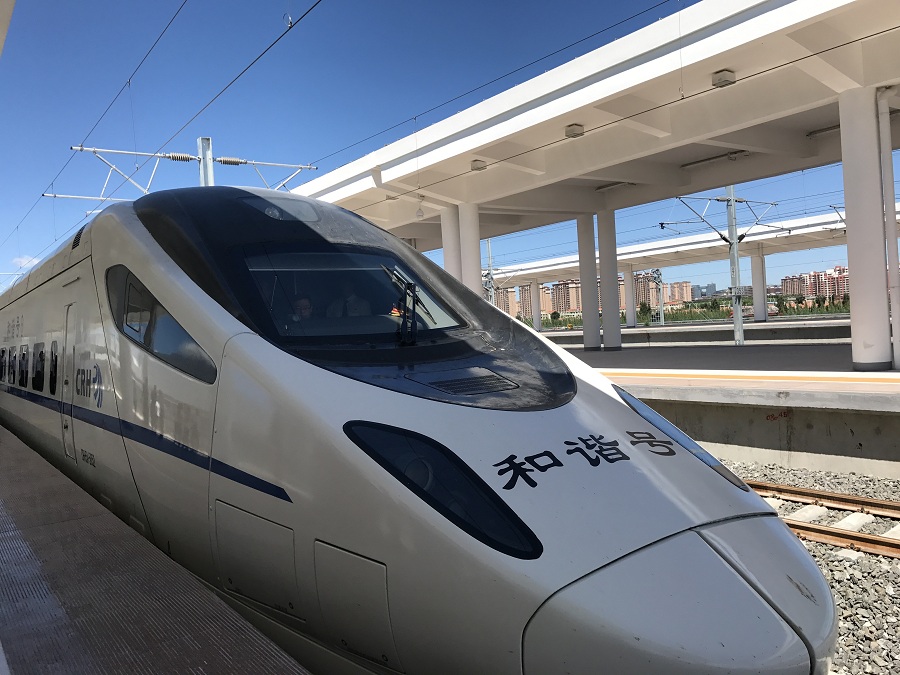Non-ferrous metal industry, a highlight of Inner Mongolia
By Liu Yufen (chinadaily.com.cn)
Updated: 2014-12-02
In terms of original mineral resources, Baotou is short on raw resources and far from mineral resources. However, Baotou’s economy has distinct characteristics related to heavy and chemical industries, which create rich and clustered urban minerals. Recyclable resources development and utilization is a guarantee for regional economy growth.
Therefore, the construction of an urban mineral park is based on the resource cluster advantage and competent industrial foundation, and an echo to rapid economic development together with resources shortage. Meanwhile, the large demand for resources has created a favorable market environment for the park.
To date, Baotou Aluminum Park was listed in the fifth batch of national urban mineral parks.
Metal deep-processing helps promote regional economy and environment
Baotou Metal Deep-Processing Park is a park at the provincial level approved by the Inner Mongolia government. It is also a national new industrialization demonstration base for steel deep-processing and a high-tech industrialization base for steel and rare earth named by the Ministry of Industry and Information. It was elected as one of 19 key industrial clusters in West China in 2010, according to Wu Yongjie, a director of Baotou Metal Deep-Processing Park's administration committee.
In the past year, the park's 43 industrial enterprises above a designated size have realized gross output value of 74.5 billion yuan in terms of their leading industries, such as rare earth, steel and stainless steel. The park is now home to 277 industrial enterprises after six years of development and some advantageous clusters.
By the end of 2015, Wu said, the park's steel output is estimated to be 21.5 million tons. Its gross output value will hit 120 billion yuan, while the industrial added value will be 52 billion yuan by then. It will also create 120,000 to 150,000 jobs, according to Wu.
Advantageous foundation for new-type industrial base
Regarding resources and industrial development, Inner Mongolia has a basis and conditions for developing itself into an important national base for non-ferrous metal manufacturing and processing and modern equipment manufacturing.
The autonomous region is rich in a variety of mineral resources. Non-ferrous minerals such as zinc, lead and copper are not only abundant in reserves but also good in quality. To date, there are 79 known minerals in the region. The autonomous region's reserves for these minerals are among the nations most plentiful.The autonomous region has 73 minerals on respective national top 10 lists in terms of mineral reserve size. In addition, the autonomous region boasts 10 minerals with reserves that lead the country.
Aside from self-produced resources, Inner Mongolia is also utilizing overseas resources. It borders Russia and Mongolia to the north. Both countries have abundant mineral resources. However, the utilization of foreign resources should be further upgraded.

High-speed train debuts in Inner Mongolia
A bullet train departed Hohhot East Railway Station for Ulanqab marking the start of high-speed rail services using Inner Mongolia’s first newly-laid high-speed railway on Aug 3.
